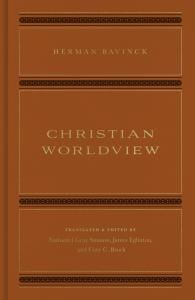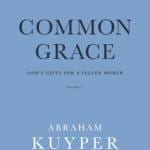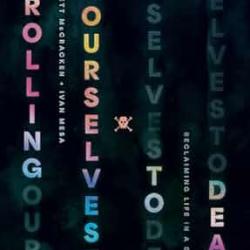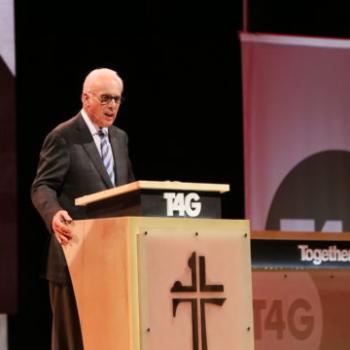Between the release of Abraham Kuyper’s works, the translation of the Reformed Orthodox/Protestant Scholastic writers, and the attention increasingly given to Herman Bavinck, if people aren’t already calling our time the “Dutch Renaissance,” they should be.*

An important contribution to this renaissance is the recent translation and publication of Bavinck’s Christian Worldview. Originally delivered as a Rector’s Address (apparently students used to be a lot higher caliber than they are today–or maybe it’s just that Dutch students are superior… because I certainly wouldn’t have been able to sit through this as an undergrad and have any chance of keeping up) and then expanded for publication, Christian Worldview is a short introduction to Christian thought.
And right away we should notice that “worldview” means something more for Bavinck than it does for us in the early 21st century. As the editors say in their introduction:
“Worldview, for Bavinck, is neither apriorism nor a tenuous theory for separating public intellectuals into neat compartments. Rather, it is a controlling principle and posture that is first discovered when religion comes to bear on both science and wisdom (philosophy), discovering between them a unity–one which attempts to satisfy both head and heart.” (15)
In other words, “worldview” is not merely a pair of glasses that Christians put on in order to interpret the world, it is an epistemology that shapes and defines how we interpret the world, how we think, and the unity and diversity of the created order.
Specifically, Bavinck focuses on three categories: “thinking and being;” “being and becoming;” “becoming and acting.” Or, to put this in other terms, Bavinck is tracing out Christian thought in the philosophical categories of logic, physics, and ethics. What does Christianity have to offer in each? A lot, it turns out. You’ll have to read the book to get all the details, but Bavinck’s overall point is that only Christianity can properly equip us to understand, manipulate, and live rightly in the world.
Despite being more than a century old, the world which Bavinck is writing to looks a lot like our own:
“…before all else, what strikes us in the modern age is the internal discord that consumes the self and the restless haste that drives it. The… [“turn of the century”] is characterized as a period of dramatic change–although this is a designation that says little, because every time is a time of change. But the peculiarity of this moment is that everyone feels an epoch of change, when all people realize they cannot remain the same, and that some long for this moment to pass by more swiftly than others. There is a disharmony between our thinking and feeling, between our willing and acting. There is a discord between religion and culture, between science and life. A ‘unified’… world-and-life view is lacking, and therefore this word [world-and-life view]is the slogan of our day. The search for this concord is the work in which all who follow their era with interest participate.” (22)
In other words, we all feel fragmented internally and separated from the world and each other externally, and desire a way to be whole people ourselves while fitting in with the world either as we see it or as we think it should be.
Yet over and over our attempts to do this on our own fail. We come up with new approaches and new ways of thinking, only to find that they either don’t match reality, or that they just make us more miserable without reconciling us to ourselves or to others. The standard human impulse at this point is to blame someone else (usually people of different religious or political inclinations). Yet, Bavinck’s book reminds us that the problem is ultimately in us, and the solution can only come through what Scripture has to say about God, man, and the world.
Clearly this is not going to be a book for everyone–though it is a book that would be of value to everyone who cares to work through it carefully.
Highly recommended.
*And also if they’re not, then I now officially name it “The Dutch Renaissance,” © 2020; or possibly “The Dutch Renaissance™” Whichever is more powerful legally. ALL RIGHTS RESERVED!
Dr. Coyle Neal is co-host of the City of Man Podcast and an Associate Professor of Political Science at Southwest Baptist University in Bolivar, MO












